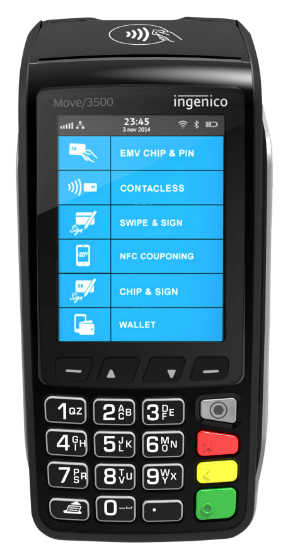Many business owners make the mistake of thinking that social media is free. Whilst it is free to set up an account putting the time in to create posts and build up your following/engagement takes time which ultimately costs the business money. Since the Covid-19 outbreak, many businesses have relied more heavily on digital platforms in order to be able to serve their customers. During this time many businesses have also realized the value of being on social media and have started or tried to grow their accounts. So is it worthwhile being on social media and what can you do for your business to ensure you are able to capitalise on these digital platforms?
In short, having social media is a low-risk marketing opportunity that could enable your business to be more profitable so setting up accounts isn’t a bad idea. A common misconception is that you need to be on every platform, but this isn’t necessarily true. When you are just starting out with social media or have limited time to spend online it’s much easier to focus one platform. The main platforms to consider are Instagram, Facebook and Twitter – there are pros and cons to each one; here is a brief summary.
Instagram:
• This is a very visual platform so if you are selling a product this could be the right platform for you.
• There are lots of native features that can help you grow an audience easily such as hashtags, location tags and more.
• The Stories function is an increasingly popular function that isn’t yet as proven on other platforms like YouTube and Facebook
• If you have the time to invest there are plenty of engagement and growth strategies, you can use in order to find and connect with potential customers.
Facebook:
• Businesses pages on Facebook get lots of handy features that can replace the need for a website and give your customers all the information they need such as reviews, locations, a menu, booking functions and more.
• One of the big pros of Facebook other platforms is that it handles both visual and text-based posts well, meaning you don’t have to pick between the two.
• You can have clickable links to other platforms or places on the web which you can’t do on Instagram (other than one link in the bio)
Twitter:
• One of my favourite things about Twitter for businesses is that it is often where people think to go in order to chat with the customer service team.
• You can have clickable links to other platforms or places on the web which you can’t do on Instagram (other than one link in the bio)
• Twitter isn’t really a visual platform so if you only want to create text posts this is a strong platform for you to choose.

Once you have chosen a platform to use then you can start finding potential customers, sharing content, curating content from influencers and growing brand awareness. Don’t be disheartened if your account doesn’t grow instantly – building your account takes time and an active present. Simply posting a few times a week is unlikely to be successful – try taking a more active approach by engaging with people within your target audience and encourage your loyal customers to follow you and join the conversation. If you have a website don’t forget to put links to your social media on there so people know where else to find you. Furthermore, if you have a brick and mortar store you can make your social media handles visible in there to encourage people to get involved online.
We hope this post has helped you feel more confident about using social media for your business and remember, there is no time like the present to get started!


